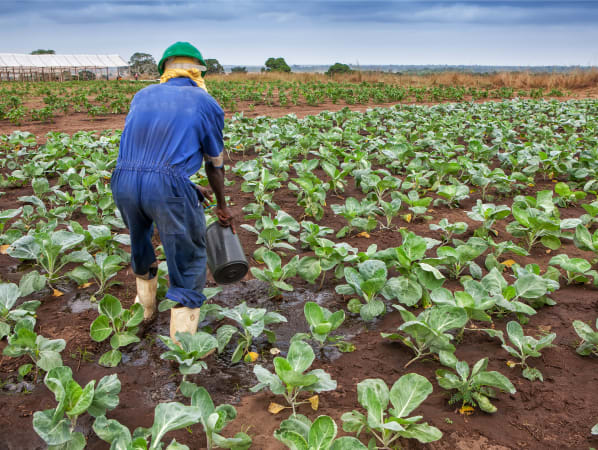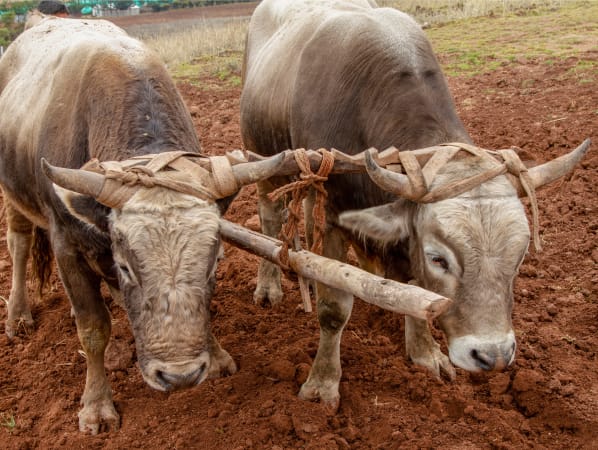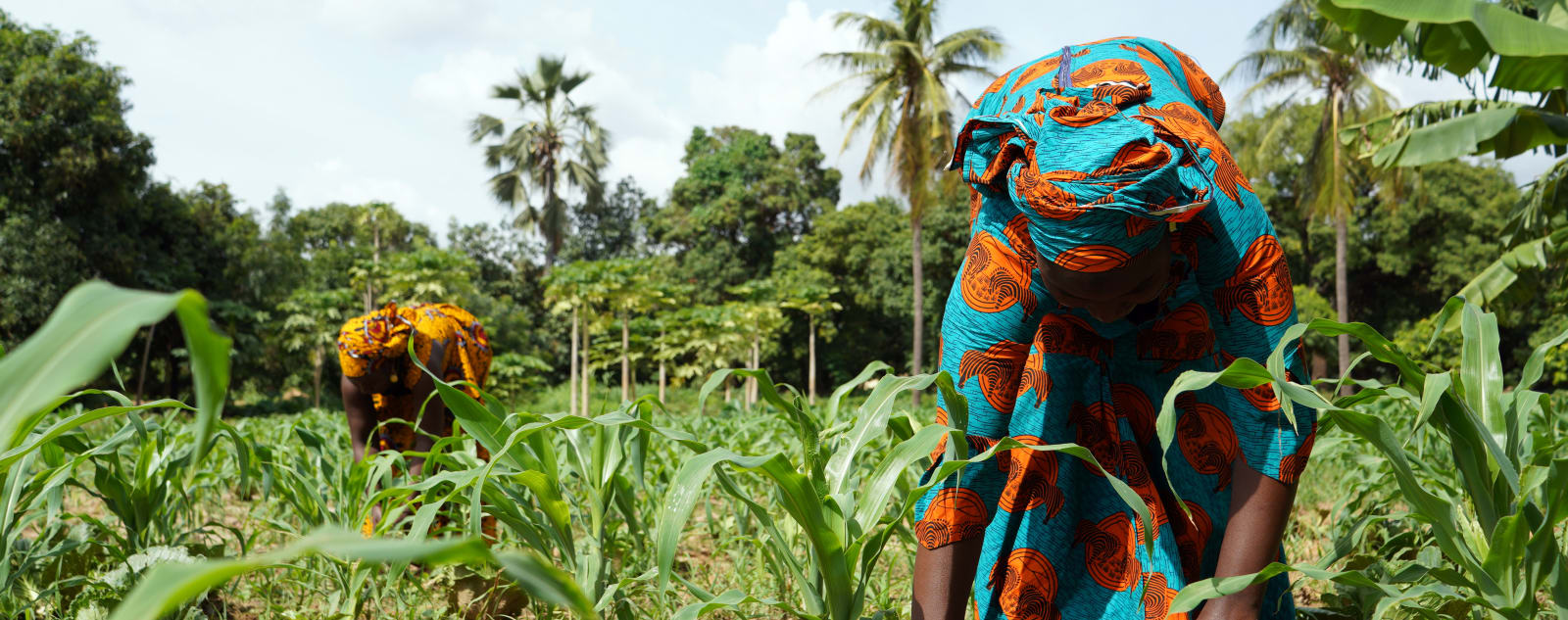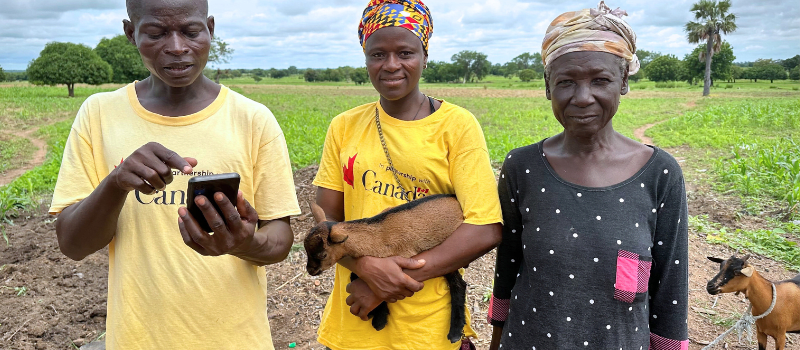
Food Insecurity in South Sudan
Working in South Sudan presents some dramatic challenges. It is a very poor country and has endured decades of conflict. As of 2018, an estimated 6 million people experienced food shortages and hunger. Education and health indicators are among the lowest in the world; only 27% of the adult population is literate and less than half of all primary school-aged children are in school (51% boys and 37% girls).
VWB/VSF continued its efforts to create sustainable solutions to the food crisis by helping South Sudanese farmers produce more and better food through the Sustainable Agriculture & Livestock Production Initiative (SALPI).
This project was a partnership with Vétérinaires Sans Frontières Suisse and Help Restore Youth South Sudan (HERY SS) and was funded by the European Union. Its goal was to help reduce dependency on food aid in the area formerly known as Northern Bahr el Ghazal State.
Easing Hunger by Producing, Marketing & Distributing Food
Over a three-year period, this project helped over 10,000 smallholder farm families to improve their production through training, more and better inputs for livestock and crop production, and support from animal health workers and agricultural extension workers. Farmer field schools were set up for farmer education.
Very little of South Sudan's arable land was producing food. One way VWB increased the amount of land under cultivation was through animal traction. Farmers learned how to train oxen and donkeys to pull plows and plows were distributed as part of the project.
As well, improvements to storage, transportation, and marketing systems were implemented to benefit farmers, traders and distributors. There was a particular emphasis on women and youth in this part of the project.







